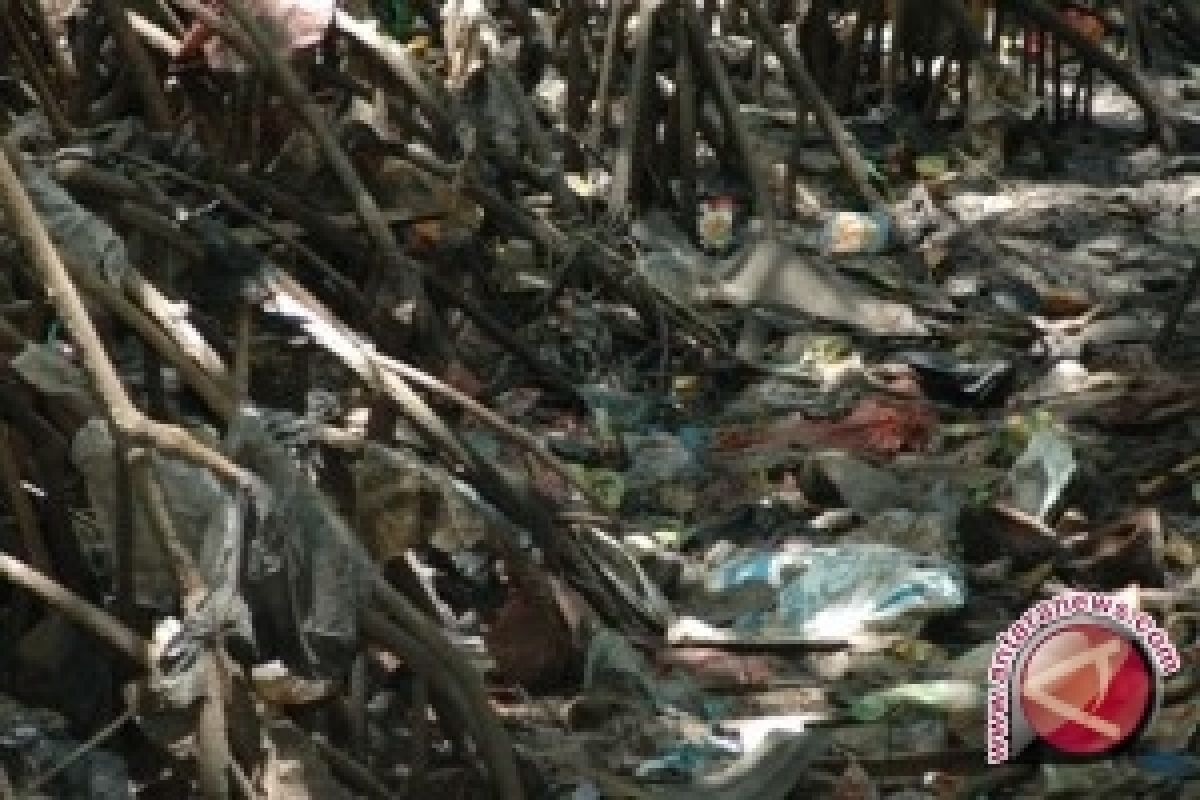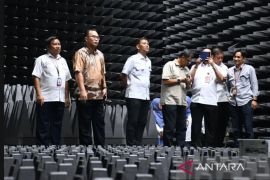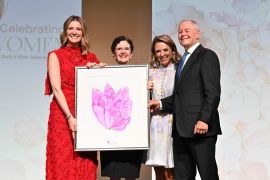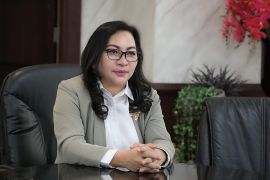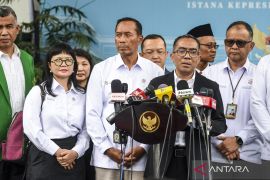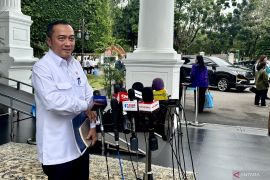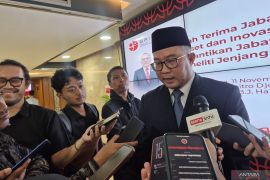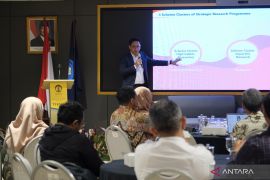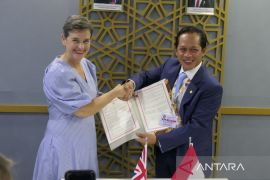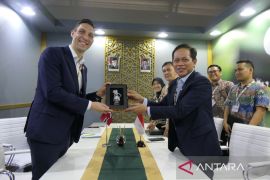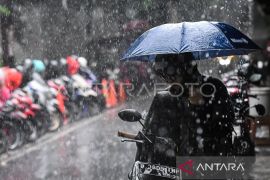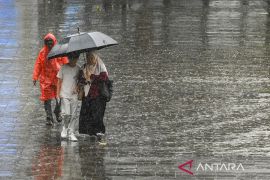ASEANO said it disbursed the grants, in collaboration with Indonesian think-tank Center for Southeast Asian Studies (CSEAS), as part of efforts to find innovative solutions and ideas to tackle the problem of plastic pollution.
“More than 11 million tons of plastic end up in the oceans every year, and this is expected to double in the next 20 years,” said Norwegian Ambassador to ASEAN, Morten Hoglund, during an event held to select the four recipients of the ASEANO research grants on Tuesday (March 9, 2021).
The Ambassador reiterated Norway’s strong commitment to clean oceans and rivers, adding that it has been one of the country’s strongest priorities globally for the past few years.
“In the ASEAN region, we have entered into a number of partnerships to assist local and national authorities,” he said.
The recipients of the grant included an Indonesian lecturer from Padjajaran University, Ibnu Faizal, whose research revolves around waste distribution and pattern on the mangrove ecosystem in Citarum River’s estuaries, especially in Muara Gembong area in West Java. His research, selected from 181 proposals sent in from all over ASEAN, has won him a US$7,500 grant from ASEANO.
Muara Gembong, a subdistrict of Bekasi Regency, West Java has been named the most polluted area in the province, and Faizal’s research could unveil many new aspects of the origins of plastic waste and its impact on Citarum River’s estuaries, according to ASEANO.
Indonesia produces 6.8 million tons of plastic waste annually. Based on a 2017 survey, only 10 per cent, or 680 thousand of the 6.8 million tons of plastic waste was recycled, while 9 per cent, or 620 thousand tons of the plastic waste ended up in the ocean and rivers.
Vietnam’s Nguyen Thi Trang was also awarded a US$7,500 grant for her doctoral research on the impact of plastic litter on the seagrass communities in Phu Quoc Marine Protected Area in Vietnam. She will conduct her research over a three-month period.
The other recipients of the ASEANO grant are Thailand’s Kanin Laopirun and Philippines’ Princess Lydia S Fuentes. Laopirun’s research is focusing on assessing the circular economy and plastic waste management in Thailand, as well as the Philippines.
Meanwhile, Fuentes is studying the socio-economic impact of marine litter on coastal barangays of Roxas City, the Philippines.
“The objective of the ASEANO research grant competition is to provide an opportunity for knowledge transfer and know-how among academics in ASEAN member countries and find the solution to plastic pollution through evidence-based policy,” said Ratnawati, research manager with CSEAS.
With the funding, it is hoped that young researchers will come up with new and innovative solutions to reduce plastic waste, especially marine debris in the ASEAN, she added.
ASEANO is a three-year program in the Norwegian-ASEAN Regional Integration Program. It mainly focuses on capacity and knowledge development for tackling plastic pollution in the ASEAN region, and targets Indonesia and the Philippines as first case studies areas. (INE)
Related news: Indonesia launches radical action plan to curtail plastic waste
Related news: Instant noodle packaging among worst polluters in Indonesia
EDITED BY INE
Reporter: Aria Cindyara
Editor: Suharto
Copyright © ANTARA 2021
